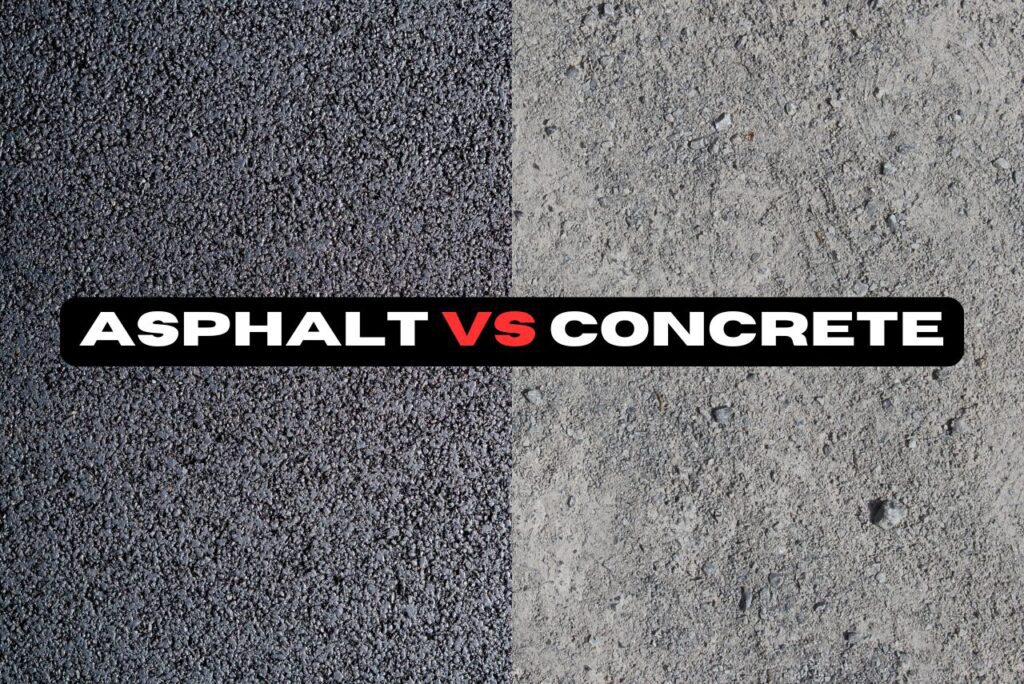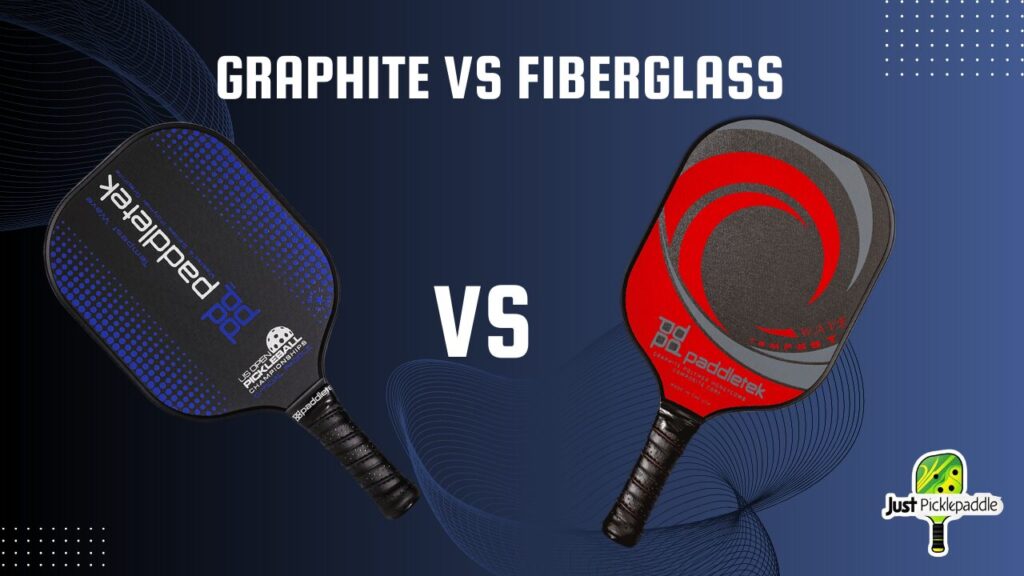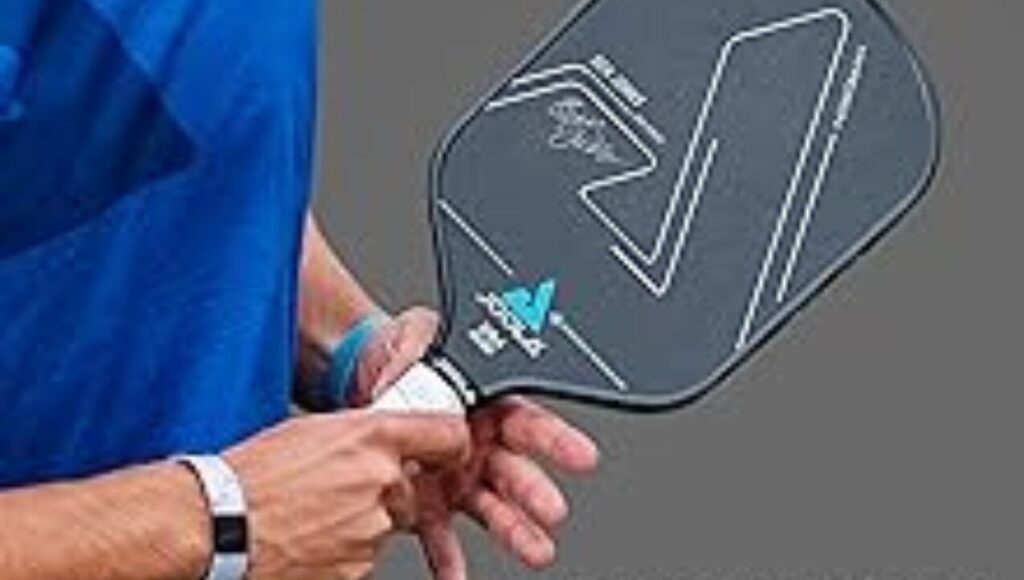Asphalt or Concrete Pickleball Court? Choosing the Perfect Pickleball Court Surface
Pickleball is no longer just a quirky mix of tennis, badminton, and ping-pong; it has become a global sensation. With its easy-to-learn rules and fast-paced action, pickleball has captured people’s hearts across all ages.
Pickleball, the fastest-growing sport in America, has seen a remarkable surge of 51.8% from 2022 to 2023 and an astounding 223.5% over the past three years. This exponential growth is a testament to the strong participation trends in racquet sports, alongside consistently high numbers in tennis. As a construction professional or a die-hard enthusiast, you’re part of this exciting journey.
Whether you’re a construction professional tasked with building the next pickleball court or a die-hard enthusiast ready to create a new play space, one of the most important decisions you’ll face is what material to use for the court surface.
Table of Contents
Why Surface Material Matters in Pickleball Court Construction
Surface material can make or break a pickleball court. The type of surface impacts everything from ball bounce and player comfort to court maintenance and longevity. Choosing the right surface ensures a positive playing experience and reduces long-term costs.
According to John Doe, a veteran court construction professional, “When it comes to pickleball court surfaces, the choice between asphalt and concrete can significantly impact the game and court longevity.”
This article aims to provide comprehensive insights into the advantages and disadvantages of asphalt and concrete surfaces, helping you make an informed decision.
Advantages and Disadvantages of Asphalt Courts
Advantages of Asphalt Courts
Playability:
Asphalt provides an excellent surface for gameplay. It offers good ball bounce, which is crucial for pickleball, and is relatively forgiving on players’ joints. These factors make asphalt a popular choice among many pickleball players.
Installation Cost:
Asphalt courts are generally cheaper to install compared to concrete. This makes them an attractive option for community centers and private court builders who are budget-conscious.
Quick Installation:
One of the significant benefits of asphalt is its relatively quick installation time. This means you can go from breaking ground to playing your first match faster than with concrete.
Disadvantages of Asphalt Courts
Maintenance:
Asphalt is less durable and more susceptible to cracks and potholes over time. Regular maintenance is required to keep it in good condition, which can add to long-term costs.
Weather Sensitivity:
Asphalt’s performance can be significantly affected by weather conditions. Extreme heat can cause it to soften, while cold can lead to cracking.
Resurfacing Needs:
Unlike concrete, asphalt courts may need resurfacing every few years to maintain optimal play conditions. This adds to the cost and effort required to keep the court in shape.
Advantages and Disadvantages of Concrete Courts
Advantages of Concrete Courts
Durability:
Concrete is highly durable and withstand heavy foot traffic and harsh weather conditions. Sarah Smith, a leading figure in the pickleball community, notes, “Concrete is more durable and requires less maintenance than asphalt.”
Low Maintenance:
Concrete courts require less frequent maintenance. Despite the higher initial installation cost, they are a cost-effective option in the long run.
Consistent Play Surface:
Concrete offers a consistent and predictable playing surface. This reliability can enhance gameplay and attract more players.
Disadvantages of Concrete Courts
Installation Cost:
The upfront cost of installing a concrete court is higher compared to asphalt. This might be a deterrent for those with budget constraints.
Harder on Joints:
Concrete is a harder surface than asphalt, which can be less forgiving on players’ joints. This could lead to more injuries over time.
Longer Installation Time:
Installing a concrete court takes more time compared to an asphalt court. This means a longer wait time before the court is ready for play.
Key Factors to Consider in Choosing Between Asphalt and Concrete
Climate
Understanding the local climate is crucial. Michael Johnson, a consultant in sports infrastructure development, advises, “Understanding the local climate and the specific needs of players is crucial in making the right decision for your pickleball court.” If you live in an area with extreme temperatures, this could heavily influence your choice.
Budget
Initial investment and ongoing maintenance costs should both be considered. While asphalt may be cheaper to install, concrete could be more cost-effective in the long run due to lower maintenance costs.
Player Demographics
Consider who will be using the court. Due to its forgiving nature, asphalt might be the better choice if the primary users are older adults or those prone to joint issues. It can reduce the risk of injuries and provide a more comfortable playing experience. For younger, more competitive players, concrete might offer the consistent surface they prefer, enhancing their game performance and overall satisfaction.
Case Studies and Testimonials from Enthusiasts and Professionals
A pickleball enthusiast and court owner, Alex Green, notes, “Case studies have shown that the right surface can enhance the game experience and attract more players, making the initial investment worthwhile.” Here are a few real-world examples:
- Community Center in Phoenix, AZ, opted for asphalt due to its lower initial cost. Despite the hotter climate causing maintenance challenges, the community feedback has been overwhelmingly positive due to the court’s forgiving nature.
- Private Club in Seattle, WA, chose concrete for its durability and low maintenance needs. While the higher initial cost was a consideration, the club has seen an increase in membership due to the quality of the court.
How to Choose the Best Surface for Your Pickleball Court
Conduct a Needs Assessment:
Assess the needs of your players and the specific requirements of your location. Consider factors like player demographics, climate, and budget.
Consult Experts:
Reach out to professionals in the field of sports infrastructure. They can provide valuable insights and help you make an informed decision.
Evaluate Long-term Costs:
Don’t just focus on the initial installation cost; consider your chosen surface’s long-term maintenance and durability.
Making the Best Decision for Your Pickleball Court
Choosing the right surface for your pickleball court is a significant decision that will impact gameplay, maintenance, and overall satisfaction for years. Both asphalt and concrete have pros and cons, and the best choice depends on various factors such as budget, climate, and player needs.
Consultation Services for Pickleball Court Construction
If you still need to decide which surface to choose, consider seeking professional consultation. Our team of experts is here to guide you through the decision-making process, ensuring that your pickleball court meets all your needs and exceeds your expectations. Contact us today to start creating the perfect court for your community.
Frequently Ask Question
What is the best surface for a pickleball court?
While asphalt and concrete have traditionally been the go-to surfaces for pickleball, due in part to their widespread use in tennis, other options are starting to emerge. Grass and clay courts are becoming increasingly popular, offering unique playing experiences and potentially better durability in certain climates.
Is asphalt good for pickleball?
The perfect pickleball court surface should provide excellent traction, consistent ball bounce, require minimal upkeep, and be long-lasting. Popular options include textured acrylic, concrete, asphalt, and modular tiles.
Do you play pickleball on concrete?
Concrete courts are perfectly suitable for pickleball, as evidenced by our regular play on a temporary court in a large French parking lot. Other common surfaces include asphalt, clay, or a concrete or asphalt base covered in a layer of acrylic for added cushioning.
What coating is on a pickleball court?
TCS Coatings: Durable and Protective Pickleball Court Surfacing
TCS Coatings are crafted from 100% acrylic resin and premium pigments, ensuring long-lasting protection against the elements. Their superior resistance to ultraviolet rays and fading helps maintain vibrant colors and prevent premature wear and tear.




VectorJet focuses on arranging private aircraft charters, collective travel solutions, and freight services.
They deliver tailored solutions for private jet journeys, quick air transfers, helicopter flights, and freight delivery, including priority and emergency aid missions.
The company provides versatile travel options with personalized aircraft recommendations, 24/7 assistance, and help with special requests, such as flying with pets or off-grid destination access.
Complementary services cover plane rental, brokerage, and business aviation management.
VectorJet serves as an agent between clients and partner airlines, ensuring luxury, convenience, and smooth execution.
Their goal is to deliver private flight solutions effortless, secure, and personally designed for each client.
vector-jet.com
Swiss watches have long been a benchmark of excellence. Meticulously designed by renowned artisans, they perfectly unite tradition with modern technology.
Every component demonstrate exceptional attention to detail, from precision-engineered calibers to luxurious elements.
Wearing a horological masterpiece is not just about telling time. It signifies refined taste and heritage craftsmanship.
Whether you prefer a minimalist aesthetic, Swiss watches deliver remarkable reliability that stands the test of time.
http://www.ttownsendbrown.com/forum/viewtopic.php?f=42&t=1473
Luxury timepieces have long been a benchmark of excellence. Crafted by world-class brands, they seamlessly blend tradition with innovation.
Every component embody unmatched workmanship, from hand-assembled movements to premium elements.
Investing in a horological masterpiece is a true statement of status. It signifies refined taste and exceptional durability.
Be it a minimalist aesthetic, Swiss watches deliver unparalleled precision that stands the test of time.
https://forum.investicnigramotnost.cz/viewtopic.php?f=12&t=634&p=22916#p22916
Our store provides a wide range of high-quality healthcare solutions to suit your health requirements.
Our platform provides speedy and reliable delivery to your location.
Each medication is sourced from trusted manufacturers for guaranteed effectiveness and reliability.
Feel free to browse our catalog and get your medicines with just a few clicks.
Got any concerns? Customer service is ready to assist you 24/7.
Take care of yourself with reliable medical store!
https://www.storeboard.com/blogs/health/finding-strength-how-cenforce-200-provides-relief-for-severe-erectile-dysfunction/6071459
Purchasing medications on the internet is much more convenient than going to a physical pharmacy.
No need to deal with crowds or stress over store hours.
Online pharmacies let you get your medications with just a few clicks.
A lot of websites offer special deals unlike traditional drugstores.
https://khamlai.go.th/index.php/forum/suggestion-box/107763-which-digital-drugstores-are-trustworthy
On top of that, you can compare different brands without hassle.
Quick delivery makes it even more convenient.
Have you tried ordering from e-pharmacies?
Our platform offers a large variety of slot games, designed for all types of players.
On this site, you can discover retro-style games, new generation slots, and huge-win machines with amazing animations and immersive sound.
If you are looking for easy fun or love engaging stories, you’ll find a perfect match.
https://eduhelp.info/images/pgs/kakie_shtory_vybraty_dlya_detskoy_komnaty.html
Every slot can be accessed anytime, right in your browser, and fully optimized for both all devices.
Apart from the machines, the site includes helpful reviews, welcome packages, and player feedback to help you choose.
Register today, jump into the action, and have fun with the excitement of spinning!
This portal offers a wide selection of video slots, ideal for different gaming styles.
Right here, you can explore classic slots, modern video slots, and progressive jackpots with amazing animations and realistic audio.
Whether you’re into simple gameplay or seek engaging stories, you’ll find something that suits you.
https://pixmafia.com/fun/4712-kanada-osobaja-strana-41-40-foto.html
Each title are available anytime, no download needed, and fully optimized for both PC and mobile.
In addition to games, the site features helpful reviews, bonuses, and community opinions to guide your play.
Join now, jump into the action, and get immersed in the thrill of online slots!